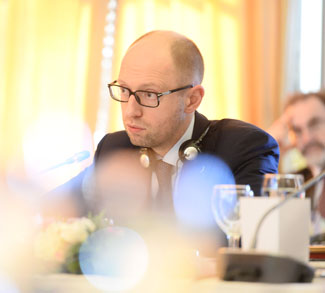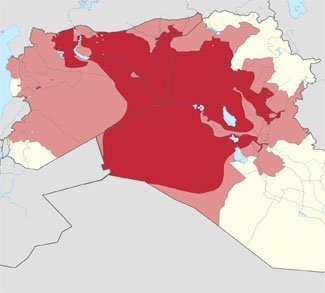Summary
Ukraine’s Prime Minister Arseniy Yatsenyuk announced his resignation on Saturday but as of Wednesday noon the Verkhovna Rada (VR, the parliament) has yet to vote on any new government.
The premier’s exit is what many in Ukraine have been waiting for with hope. Following his cabinet’s narrow escape of a no-confidence vote in mid February, a voluntary resignation by Mr Yatsenyuk became the only thing that could put an end to the protracted government crisis without going to spot parliamentary elections. The latter itself remains a highly undesirable option for most participants of the destroyed governing coalition, while it is being eagerly awaited by the Opposition Bloc for a possible political revenge.
Impact
While Ukraine has gone through several domestic political crises in recent years, the latest crisis is perhaps the first real one since the removal of the Yanukovych regime two years earlier (if one treats the ensued de-facto war with Russia-backed separatists in the east of the country as such rather than a “crisis”). The two post-Yanukovych years did register some noteworthy conflicts between various branches of power in Kyiv, but none of them proved even remotely as serious as those seen in the last couple of months.




